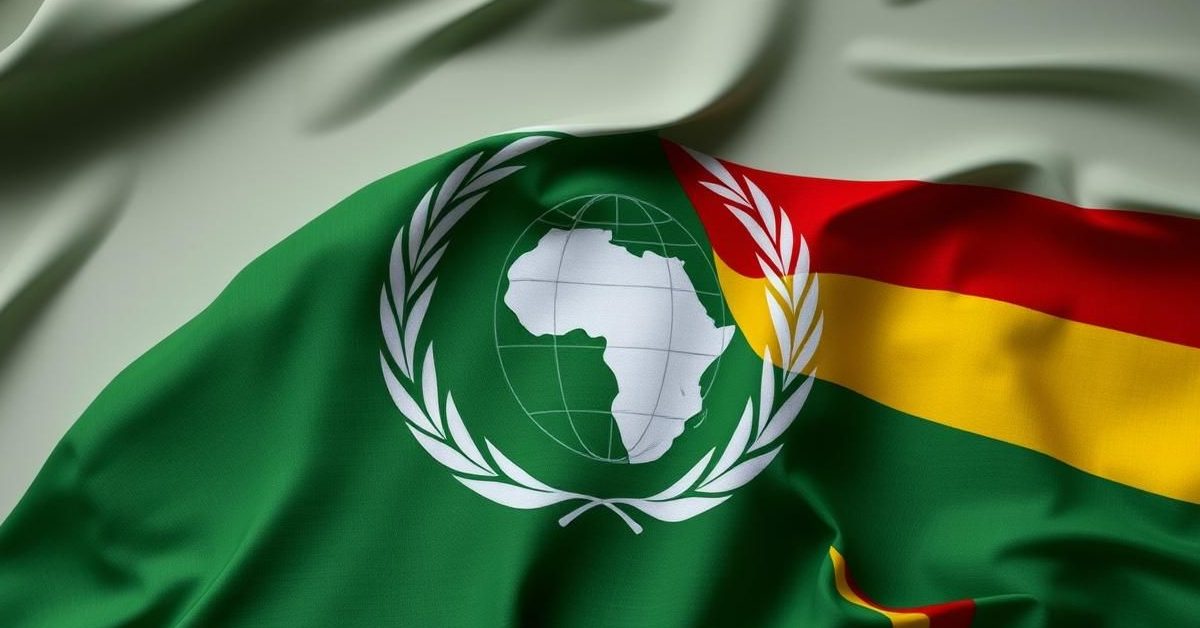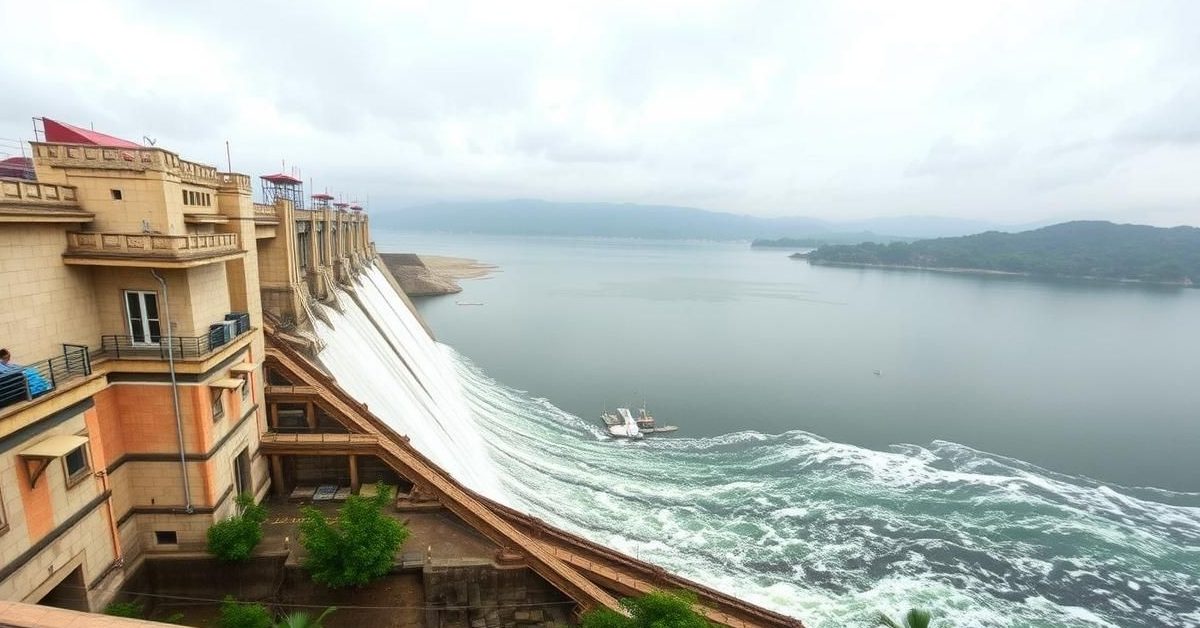Dive into key global affairs, from the latest on the African Union and the global economy to geopolitical hotspots and historical insights, all vital for understanding today’s world.
Understanding the African Union
The African Union (AU) is a significant intergovernmental organization comprising 55 member states across Africa. It was officially established in 2002, succeeding the Organisation of African Unity (OAU), which operated from 1963 to 1999.
The AU’s primary administrative body, the African Union Commission, is headquartered in Addis Ababa, Ethiopia. While the AU aims for unity and development across the continent, its official languages are diverse, including Arabic, English, French, Portuguese, Spanish, and Kiswahili, alongside other African languages.
Global Economic Insights
The World Economic Outlook
The International Monetary Fund (IMF) regularly publishes its benchmark report, the World Economic Outlook (WEO). This crucial publication provides a comprehensive overview of the global economy and detailed insights into individual countries’ economic performance.
The WEO is released twice annually, in April and October, with updates in January and July. A recent update highlighted “Tenuous Resilience amid Persistent Uncertainty,” underscoring the ongoing challenges and adaptability of the global economy.
Nigeria’s Economic Leap
Nigeria recently saw a significant jump in its economic standing, rising three spots to become the 55th largest economy globally. This surge followed a rebasing exercise by its National Bureau of Statistics, updating the GDP base year from 2010 to 2019.
The revised calculation included previously undercounted sectors such as digital services, pension fund operations, and e-commerce. This isn’t a new phenomenon for Nigeria; a similar base year revision in 2014 propelled it to the position of Africa’s largest economy, demonstrating the impact of updated economic data methods.
Geopolitical Flashpoints
Recent events have kept several regions in the global spotlight. The Zaporizhzhia Nuclear Power Plant in Ukraine continues to be a concern, with international atomic energy officials reporting explosions and smoke nearby.
In Russia, the city of Sochi experienced an oil depot blaze, reportedly sparked by a Ukrainian drone attack. Meanwhile, the southern Mexican state of Oaxaca was recently hit by a 5.7 magnitude earthquake, reminding us of natural challenges alongside man-made conflicts.
Myanmar’s Chin State has also been in the news due to clashes between anti-military forces, leading to a fresh wave of refugees seeking safety in neighboring Mizoram, India.
“Atoms for Peace and Development”
The International Atomic Energy Agency (IAEA) is globally recognized as the “Atoms for Peace and Development” organization within the United Nations family. It serves as the world’s central intergovernmental forum for scientific and technical cooperation in the nuclear field.
The IAEA is dedicated to promoting the safe, secure, and peaceful use of nuclear science and technology, thereby contributing significantly to global peace and security, and supporting the United Nations’ Sustainable Development Goals.
Historical Reach of the Khmer Kingdom
The historical Khmer Kingdom, which reached its political zenith in the 12th and 13th centuries, was a formidable power in Southeast Asia. Its vast empire encompassed not only modern-day Cambodia but also significant portions of what are now Thailand, Laos, Vietnam, and Myanmar.
Despite its extensive historical reach, the kingdom’s influence gradually waned after the 13th century, leading to shifts in regional power dynamics.
The Two-State Solution
Frequently discussed in international discourse, the “Two-State Solution” refers to the long-standing proposal for resolving the Israeli-Palestinian conflict. This solution advocates for the creation of two independent, sovereign states—Israel and Palestine—that would coexist peacefully within mutually agreed and secure borders.
It remains a widely supported framework by the United Nations and the majority of the international community, including India, as a path toward lasting peace in the region.
- The African Union’s headquarters are in Addis Ababa, Ethiopia, not Nairobi.
- The IMF publishes the World Economic Outlook twice a year, not every two years.
- Nigeria’s recent GDP increase stemmed from a rebasing exercise, including new economic sectors.
- The IAEA is known for “Atoms for Peace and Development,” promoting safe nuclear technology.
- The historical Khmer Kingdom extended across modern-day Cambodia, Thailand, Laos, Vietnam, and Myanmar.
These international relations updates highlight the interconnectedness of global economies, politics, and historical legacies, offering crucial context for understanding current events.















